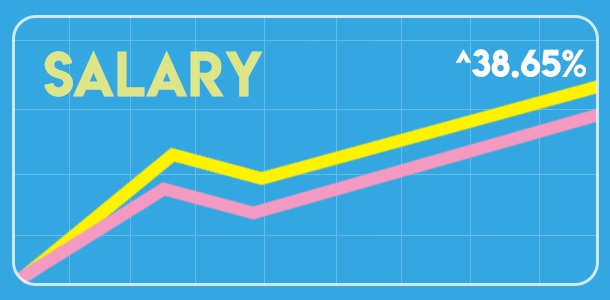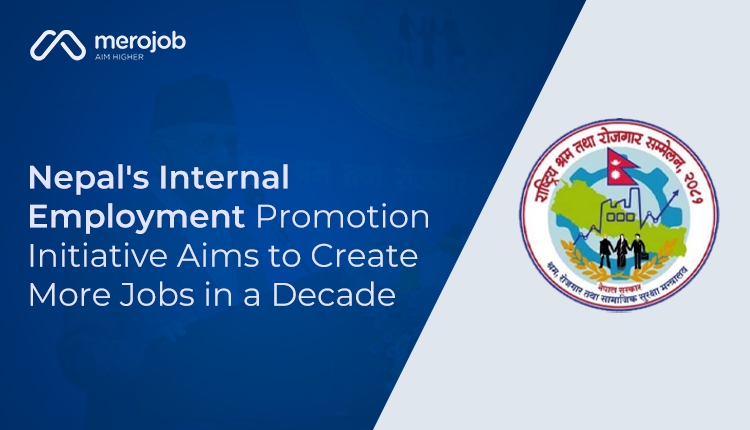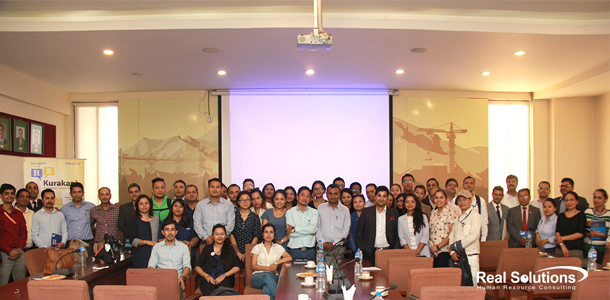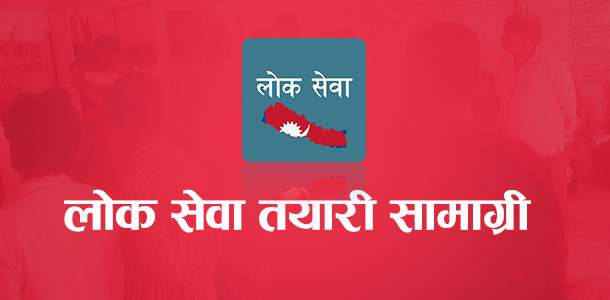The proposed new monthly minimum salary of NRs 13,450 has been officially approved, and will now be effective from the new fiscal year 2075/76 (July 17, 2018).
The breakdown of this new minimum salary includes NRs 8,455 in basic salary and an addition of NRs 4,995 in allowances. With the settlement of the new minimum monthly salary, the new daily and hourly wage system will also be implemented from the new fiscal year. The new daily wage has been set at NRs 517, which includes NRs 325 as basic wage and NRs 192 in allowance. Similarly, the hourly wage has been set at NRs 69 which includes NRs 43 as basic wage and NRs 26 as allowance.
According to the president of Confederation of Nepalese Industries- Hari Bhakta Sharma, this new payment system is based on market price and current production status of Nepalese industries.
While the stated amount of NRs 13,450 is the official minimum salary for now, Minister Bista has stated that the government is open to further discussions on the matter, since the workers have the right to negotiate with their employers through collective bargaining. He says, “The government is committed to implementing the Labour Act and will regularly monitor the implementation of the new wage system.”
The first labour regulation passed on 2007 was set with basic salary at NRs 3,300 per month. This is the sixth time in the last decade that the minimum wage has been revised.
Notably, in addition to the minimum wage, the workers will also be entitled to get a social security of around NRs 2500, in accordance to the new Social Security Act that is coming to effect from July 17. The total additional minimum entitlement for workers in provident fund and gratuity will be 10 per cent and 8.33 per cent of basic wage respectively or NRs 1,549, which will be applicable since the date of joining work. Beside these workers are to be facilitate with additional one month basic salary as festival allowances, payment of leave, child birth and child care expenditure along with health and accident insurance.
This means an employer would now have to shell out around NRs 16,000 per worker per month in wages and other benefits.

















